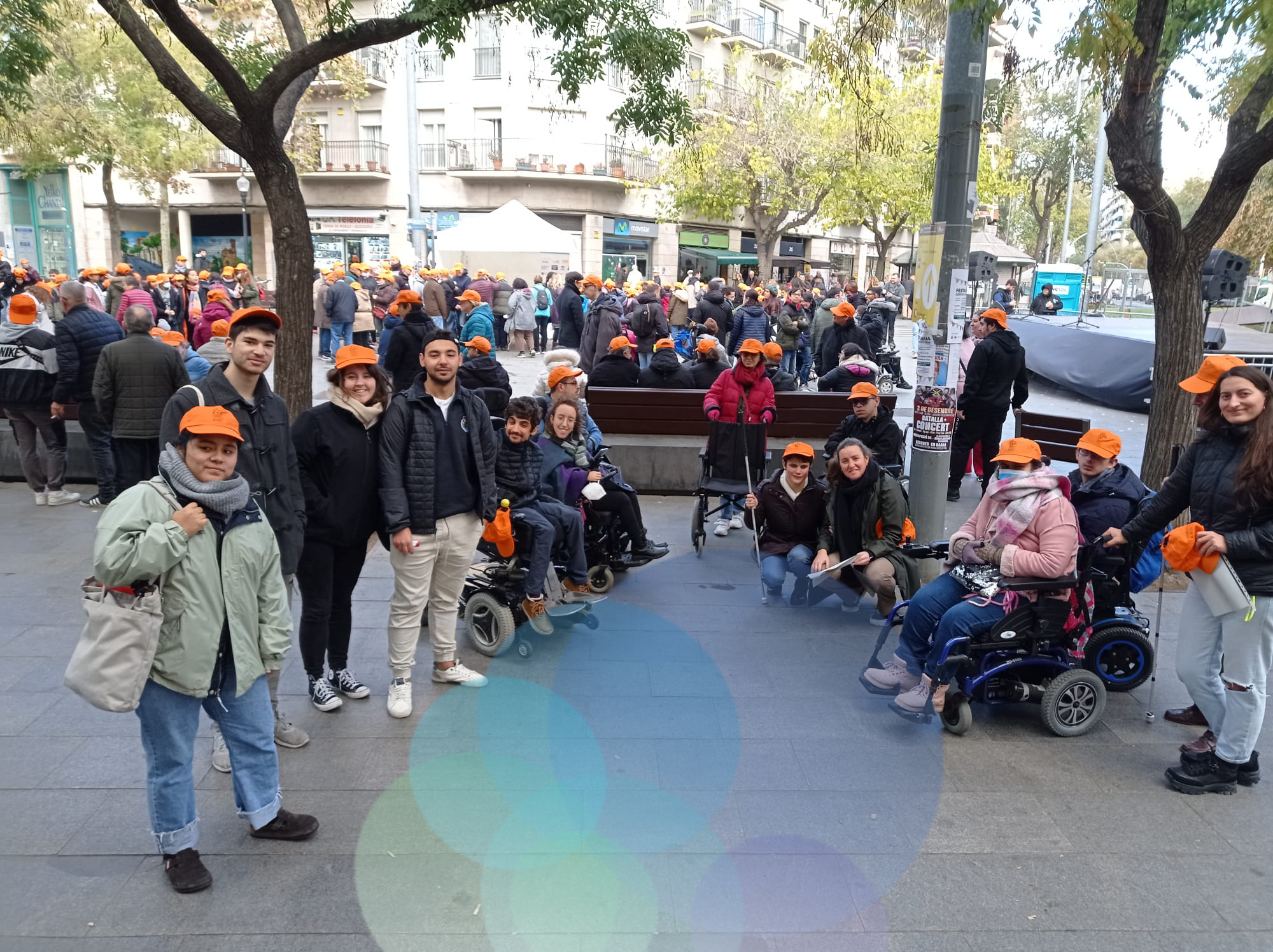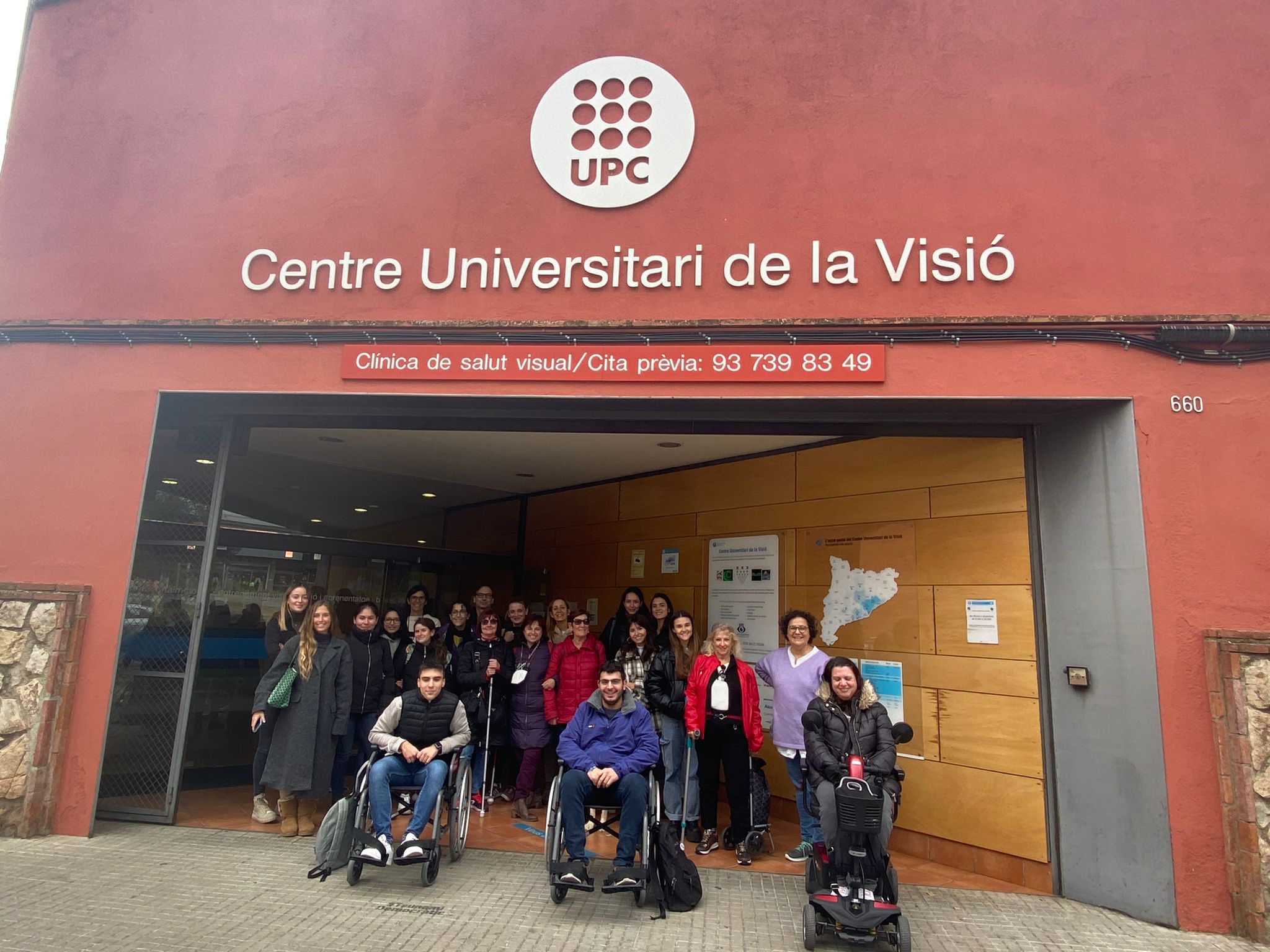24 February 2023
Unite! launches three pilot projects to promote university social engagement.
The dissemination of science with young people, citizen science projects and joint service learning activities or living lab initiatives are the focus of the alliance's proposals in the area of social engagement of universities.
Unite! is promoting several pilots with the aim of developing a common framework for social outreach and citizen involvement from universities. This has been the framework for the work of Unite!’s working groups focused on “A Unite! strategy for societal outreach and involvement of citizens in R&I”.
Its objective has been twofold: on the one hand, to create an accessible and inclusive R&I environment by improving the awareness and participation of citizens and social organisations on how SDGs and related R&I initiatives affect and improve their lives. On the other hand, to define a strategy on how to involve civil society organisations in the research and innovation activities carried out by the alliance. To do so, the group started by identifying the actions that were already taking place to promote social transformation within each of the partner universities of the alliance. This was explained in the following video shared during the Unite! 4th Dialogue held in Barcelona on 28th-29th November 2021.
To move forward, the group agreed on their common definition of community engagement as the collaboration between higher education institutions and their larger communities (local, regional/state, national, global) for the mutually beneficial exchange of knowledge and resources in a context of partnership and reciprocity.
At the current stage, the team is analysing the strategies used by the universities with regards to social outreach and identifying the tools and activities they use. With this analysis, the working group has identified three pilot projects that aim to directly or indirectly promote social transformation and the Sustainable Development Goals (SDGs).
The pilots are focused on: science outreach with young people; citizen science projects and joint service learning activities or living lab initiatives. Among the activities developed in the pilots, the following should be highlighted:
- Organisation of a session with Unite! researchers on Smart and sustainable cities as part of the European Researchers Night,
- Participation in the "HOPE initiative" coordinated by Grenoble INP, which aims to disseminate and deepen knowledge with Unite! students about energy poverty in Europe. There were two online sessions about energy poverty, organized at Grenoble INP with participants from UPC and Darmstadt. The first session was about what Energy Poverty is and examples on how to deal with it. In the second session, students shared their own videos to present energy poverty issues in their own country and possible solutions.
- Organization of collaborative mapathons in Lisbon, Darmstadt and Barcelona to identify and arise needs on inclusive accessibility and mobility but also energy efficiency.
Moreover, with these pilots, Unite! wants to boost collaborative research and innovation and has allowed the partnership to identify key challenges and recommendations to build strategies for societal outreach and citizen participation. Through interviews with different local actors from civil society and the public and private sector on the role of universities in global societal challenges and the benefits of collaboration, the working group has gained a good overview of the needs for sustainable and successful collaboration.
The Sustainable Development Goals (SDGs) have been at the centre of these dialogues. So far, the Unite! pilots have focused on SDG-11 (Sustainable Cities and Communities), SDG-13 (Climate Action), and SDG-7 (Clean and Sustainable Energy). The joint work with the different social actors has shown their interest in working together with universities on projects that also respond to SDG-4 (Quality Education), SDG-11 (Sustainable Cities and Communities), SDG-17 (Actions for the Goals), SDG-13 (Climate Action), SDG-9 (Industry, Innovation and Infrastructure), SDG-7 (Affordable and Clean Energy), and SDG-12 (Sustainable Production and Consumption).
More information about the H2020 pilots of Unite!
Pilots are small-scale preliminary studies conducted to assess feasibility, duration, cost, adversities and improve study design prior to the development of a full-scale research project. The Unite! research and innovation strategy is managed through that of the H2020 Project, which launched its pilot projects during the 6th Turin Dialogue last September. Unite! H2020 is developing a set of seven synergistic pilots or case studies, which will be developed with the contribution of all all alliance partners:
- Research Agenda: with two pilot projects, one on the creation of a network of R&D services and one on an open network of experts.
- Research infrastructures: with two pilot projects on the convergence of *IR in the energy sector.
- Academic-industry cooperation: with a pilot on the creation of a network of *TT offices.
- Human capital: with pilot actions for the attraction, circulation, motivation and valorisation of talented human resources.
- Open Science and Innovation: with a case study on best practices, enablers and inhibitors in scientific disciplines in universities.
What is social engagement?
University social engagement and the co-construction of knowledge with community partners is now mainstream. Half of the world's countries, including the European Union, have formal policies that support and fund research and engagement of university communities. As an alliance of European universities, Unite! understands the importance of this debate and the need to rethink the relationship between universities and communities.


